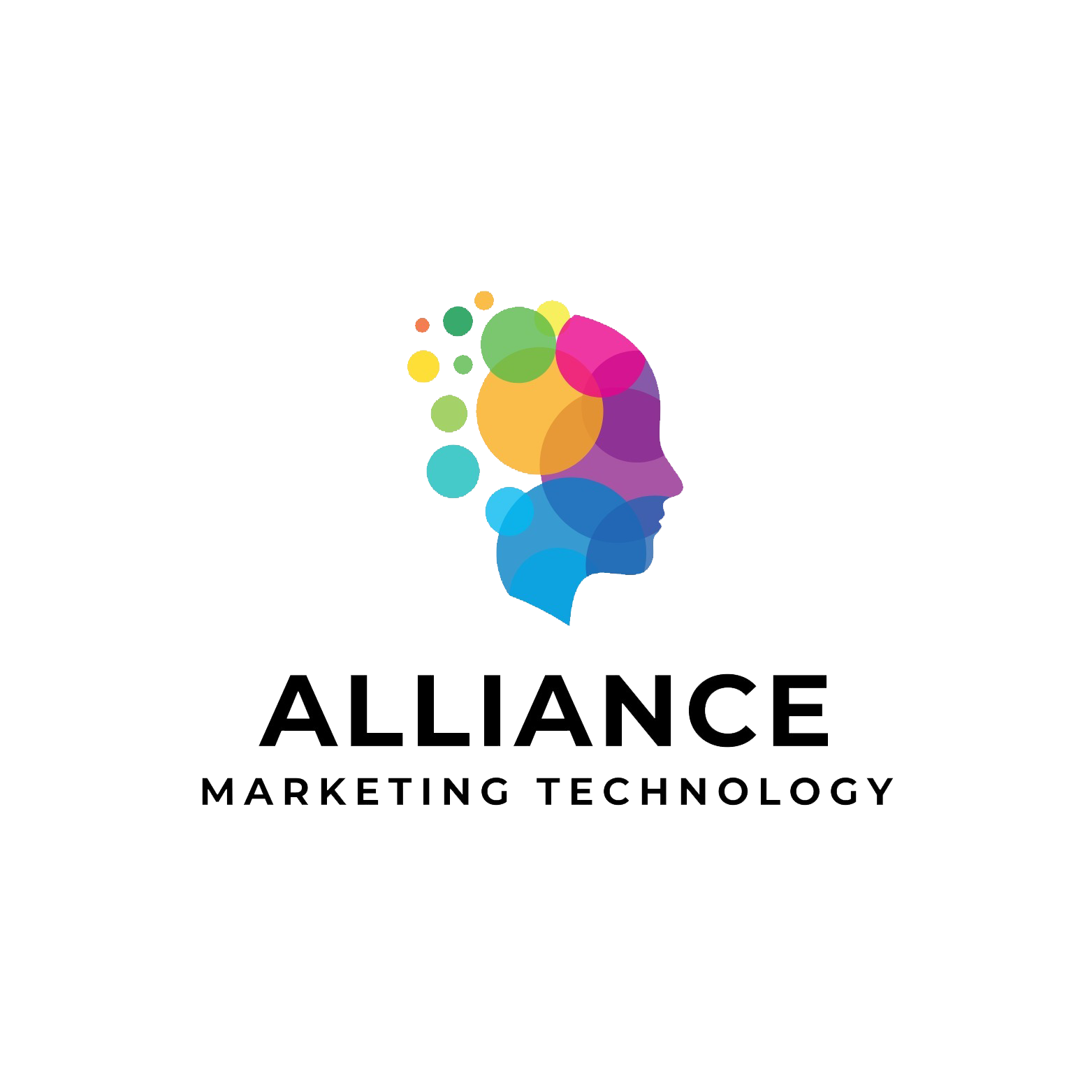In today’s digital age, the market is flooded with advertisements. Brands are vying for the attention of consumers on every platform imaginable – from social media to email inboxes. As a result, consumers are becoming increasingly desensitized to these overt marketing strategies. But there’s one tool that has stood the test of time and continues to captivate audiences of all generations: storytelling.
Why Storytelling?
Human beings are hard-wired to listen to and remember stories. Since ancient times, stories have been our primary means to pass down knowledge, traditions, and values. Stories have the power to evoke emotions, create connections, and, most importantly for marketers, influence decisions.
1. Emotional Connections Drive Purchases
Emotions play a pivotal role in our decision-making process. According to a study by the Temporal Decision Making Lab at Princeton University, when listeners hear a story, their brain activity synchronizes with the storyteller’s brain. This synchronization creates an emotional bond. When a brand shares a story, it isn’t just about selling a product; it’s about conveying an experience or a feeling that the product can provide.
2. Stories Differentiate Brands
In a world where multiple brands sell similar products with comparable quality, storytelling is what sets one brand apart from the rest. Sharing your brand’s origin, its values, or the journey of your products creates a unique narrative that competitors cannot replicate.
3. Stories Foster Trust
When a brand shares authentic stories, it builds credibility. These stories, whether they showcase customer testimonials or share behind-the-scenes glimpses, showcase the brand’s authenticity and make it more relatable.
Incorporating Storytelling into Your Marketing Strategy
Now that we’ve established the importance of storytelling, here are some tips to weave it into your marketing approach:
- Know Your Audience: Understand your target audience’s pain points, desires, and aspirations. Tailor your story to resonate with them.
- Be Authentic: Authenticity is crucial. Avoid embellishing facts. An authentic story will always have a more profound impact than a fabricated one.
- Engage Visually: Use images, videos, and infographics to make your story more engaging and memorable.
- Leverage User-Generated Content: Encourage your customers to share their stories. This not only provides you with fresh content but also builds community and trust.
- Integrate Across Channels: Ensure your story is consistent across all marketing channels, from your website to social media.
In Conclusion
Storytelling isn’t a new concept, but its application in modern marketing is more relevant than ever. By integrating storytelling into your strategy, you can create more meaningful connections with your audience, differentiate your brand, and drive conversions. So, the next time you’re crafting a marketing campaign, remember the age-old power of a good story!

